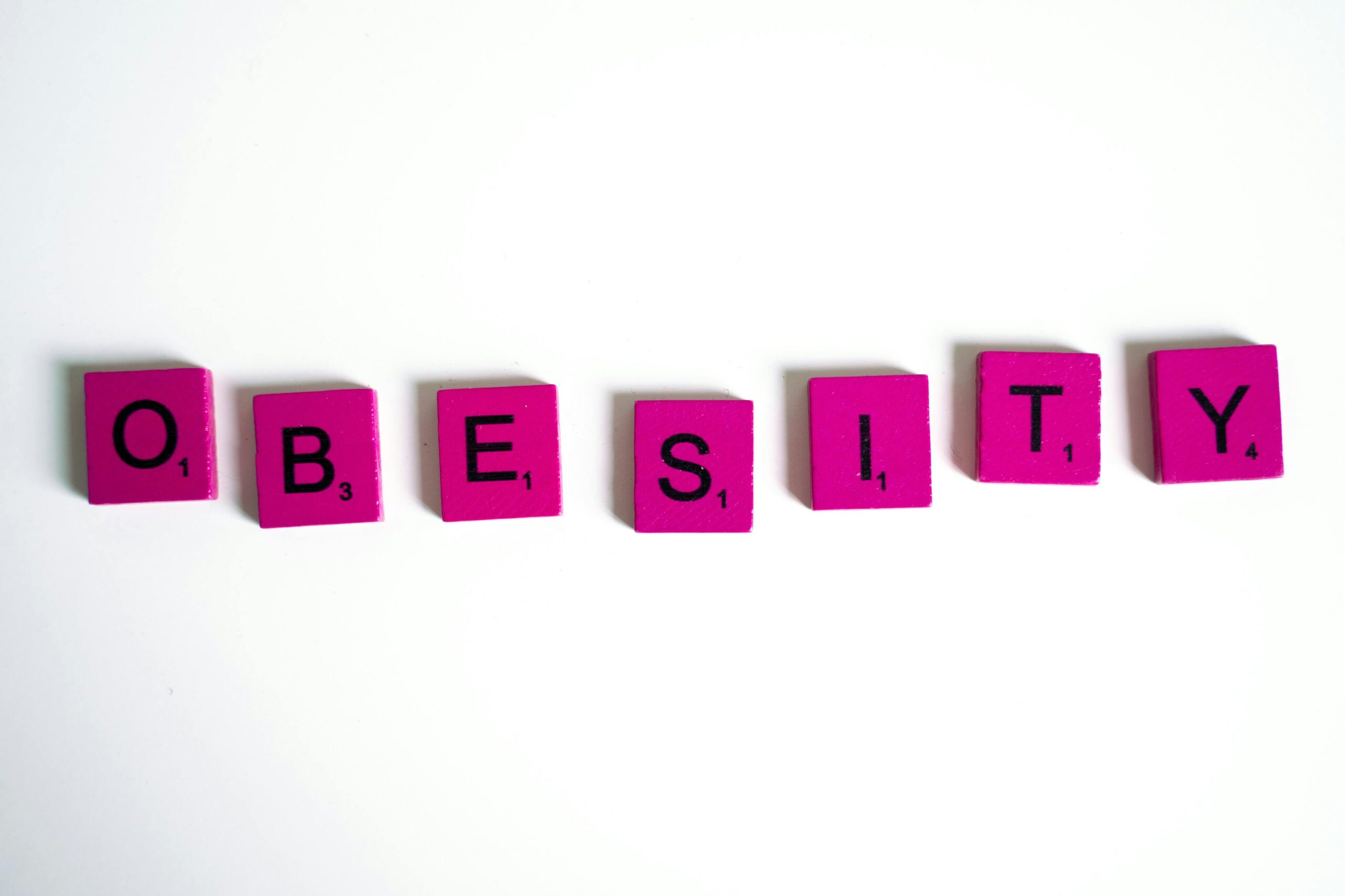For countless Americans, anxiety isn’t just a fleeting worry; it’s a constant, overwhelming presence that drains daily life. From restless nights to a pervasive sense of dread, anxiety disorders impact millions. What if the solution to this widespread struggle wasn’t just found in traditional therapy or medication, but hidden deep within your digestive system? What if the key to a calmer mind lay in the microscopic world of your gut?
Groundbreaking research from scientists at Duke-NUS Medical School and the National Neuroscience Institute, recently published in EMBO Molecular Medicine, suggests a powerful answer. This isn’t mere speculation; it’s a profound discovery pointing to a direct, causal link between the tiny organisms living in our intestines and how our brains process fear and anxiety. This finding hints at a new era of mental healthcare that truly goes with your gut.
The Gut-Brain Connection: A Deeper Look
For years, the link between our digestive health and mental well-being has been discussed, often in alternative health circles. Now, modern science is providing concrete proof. Our gut is home to trillions of bacteria, fungi, and other microorganisms – collectively known as the gut microbiome – which play vital roles in everything from digestion to immunity. What wasn’t fully understood, though, was precisely how these microscopic residents might directly influence something as complex as anxiety. This new study aimed to uncover this mystery, focusing on how gut microbes and their byproducts might affect a critical brain region involved in fear and anxiety: the amygdala.
To untangle this complex relationship, the research team used a meticulous approach with male C57BL/6J mice. These mice are a common model for studying genetics and behavior. Crucially, the scientists used “germ-free” (GF) mice, meaning these animals were raised in an environment completely free of live microbes from birth. This allowed researchers to observe the effects of a completely microbe-free gut on their behavior and brain chemistry, essentially starting with a clean slate. For comparison, they also studied mice with a typical collection of gut microbes. All mice in the study’s tests were between 10 to 14 weeks old.
How Gut Microbes Influence Anxiety Behaviors
The first step was observing the mice’s anxiety levels. Researchers used two standard tests: the open-field test and the elevated zero maze. In the open-field test, mice are placed in an open area, and their movement is tracked. Anxious mice tend to stick to the edges, while less anxious mice explore the open, central areas. The elevated zero maze is a raised, doughnut-shaped platform with open and enclosed sections. Mice naturally avoid exposed areas if they are anxious. By watching how much time the mice spent in the open areas and how often they moved between sections, researchers could measure their anxiety.
What the scientists observed was significant: the germ-free mice showed much more anxiety-related behavior compared to those with normal gut microbes. In both tests, the GF mice acted more anxiously. This clearly indicated that a lack of gut microbes seemed to make the mice more prone to anxiety.
Beyond behavior, the scientists investigated the mice’s brains, specifically focusing on the basolateral amygdala (BLA). The amygdala is essentially the brain’s “alarm system,” a small region deep within the brain that processes emotions like fear and anxiety. When faced with stress, the BLA becomes active, shaping our responses. The researchers measured the activity of this brain region, finding it was significantly more active in the anxious germ-free mice. They also found that the brain cells in this area were more prone to “firing” electrical signals—a state known as “hyperexcitability.” This overactivity was traced to problems with specific proteins called small conductance calcium-activated potassium (SK) channels, which usually help quiet down brain cells after they fire. In the anxious mice, these “volume knobs” for nerve cells weren’t working effectively, leading to overactive amygdala neurons.
Indole: A Key Microbial Messenger
The team then performed a crucial experiment to confirm their findings: they introduced live microbes back into some of the germ-free mice, a process called “conventionalization.” The results were remarkable. After their guts were re-populated, the mice’s anxiety behaviors significantly decreased and returned to normal. More importantly, the overactivity in their amygdala neurons reversed, and the function of the SK channels was restored. This confirmed a direct cause-and-effect: a healthy gut microbiome was essential for regulating brain activity related to anxiety.
Perhaps the most exciting discovery involved a specific chemical produced by gut microbes: “indole.” Indole is a byproduct of tryptophan, an amino acid found in many foods. Previous studies had already shown that germ-free mice have lower levels of indole. So, the scientists gave some germ-free mice oral indole supplements for six weeks. The outcome was astonishing: the indole-treated mice showed significantly reduced anxiety-related behaviors, just like those whose guts had been re-populated with live microbes. Indole effectively calmed the overactive amygdala neurons, directly linking a specific microbial byproduct to brain function and anxiety.
Future Implications for Anxiety Treatment
These findings fundamentally change our understanding of anxiety and pave the way for entirely new avenues of treatment. They provide compelling evidence that our mental state isn’t solely confined to our heads; it is deeply intertwined with the bustling ecosystem in our gut. The discovery that specific microbial metabolites like indoles can directly influence brain activity and reduce anxiety-like behaviors in mice opens up exciting avenues for probiotic-based therapies or dietary supplements. While these were preclinical studies in mice, the potential for developing natural anxiety treatments in humans, particularly for those who struggle with traditional psychiatric medications or sleep disorders, is immense. This research ignites hope for a future where nurturing our gut microbes could be a cornerstone of mental health care.
Paper Summary
Methodology
This study investigated the link between gut microbes and anxiety using male C57BL/6J germ-free (GF) mice, lacking microbes, compared to SPF mice with typical microbiomes, aged 10-14 weeks. Researchers assessed anxiety using open-field and elevated zero maze tests. Brain function was analyzed by measuring neuronal activity (c-Fos) and excitability in the basolateral amygdala (BLA), focusing on SK channels. Interventions included introducing live microbes (conventionalization) or oral indole supplementation to GF mice to observe their effects.
Results
Germ-free mice showed increased anxiety-like behaviors, accompanied by heightened BLA activity and increased intrinsic excitability of BLA neurons, linked to reduced SK channel activity. Both conventionalization (introducing live microbes) and oral indole supplementation normalized anxiety behaviors, BLA neuronal excitability, and SK channel function in germ-free mice. This indicates that microbial metabolites, particularly indoles, directly influence brain activity and anxiety.
Limitations
This research was conducted on mice. While providing crucial insights, findings from animal studies may not always directly apply to humans. Therefore, further clinical trials are necessary to confirm whether indole-based probiotics or supplements can be safely and effectively used to treat anxiety in people.
Funding and Disclosures
The authors are affiliated with institutions including Duke-NUS Medical School and the National Neuroscience Institute in Singapore, Karolinska Institutet in Sweden, Sunway University in Malaysia, and the National University of Singapore. Specific details regarding funding sources or detailed financial disclosures for all authors are not explicitly provided within the paper snippets available.
Paper Publication Information
Title: Microbial metabolites tune amygdala neuronal hyperexcitability and anxiety-linked behaviors Authors: Weonjin Yu, Yixin Xiao, Anusha Jayaraman, Yi-Chun Yen, Hae Ung Lee, Sven Pettersson, & H Shawn Je Journal: EMBO Molecular Medicine Volume: 17 Pages: 249-264 Publication Date: February 2025 Online Publication Date: 5 February 2025 DOI: https://doi.org/10.1038/s44321-024-00179-y












